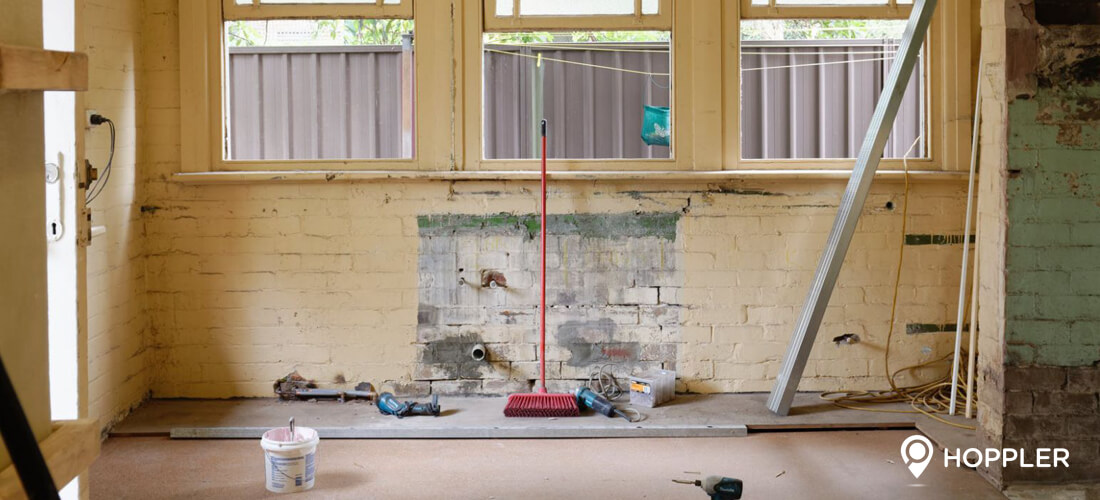Perfect Agent: The Best Tips to Real Estate Finance for Investment Properties
It’s no secret that property investments can pay off big time, but the truth is, most investors don’t even cross the $75,000 income threshold. Most people think that property investment isn’t a demanding job and that you only have to get a property, refurbish it, and sell it back. However, this isn’t the case, and investors usually struggle a lot before they start earning some real money. The property investment business is a free-for-all where only the hardest working (and creative) people achieve recognition and success. Others fall behind and can’t bounce back.
But, this shouldn’t dissuade you from giving it a shot. There are a couple of tips you should know before you start investing in real estate. So, without any further ado, here are the best tips related to real estate finance that should give you an edge with investing in properties!
Have a Plan or Strategy
If you thought that you’d be able to succeed in this business without planning or strategizing – you’re wrong. Some businesses can do great things even without a strategy, but this is not one of them. So, what kind of plan are we talking about? Well, you’ll need to prepare a business plan which would contain, in detail, how you plan to grow your portfolio on properties, how much finance is required to achieve this, and an analysis of the cash flow required to deal with debt and other costs.
Check your Credit Score
This is something you should always do before planning on getting any loan (whether for real estate investment or other purposes). If your final credit score is below 740, you might get the loan, but your interest rate will be higher. Checking your credit score beforehand will prevent unpleasant situations and give you a general idea on what you need to do to improve your credit score. The credit score is determined by having a secured and verified source of income and your annual income amount.
Consider Paying Down Debt First
You won’t be able to get a favourable loan from a bank or a reasonable interest rate if your DTI is too high. DTI stands for debt-to-income ratio and is calculated by dividing the recurring debt (on a monthly level) by the gross income (also on a monthly level). The highest DTI that can enable you to qualify for a good mortgage is around 43%, but you shouldn’t put all your faith in this high a number. The optimal DTI is 36% or lower.
Get Creative with Financing
There are many different ways of financing your investment, and if you get creative with it, you’ll find that the whole process is much more comfortable. You don’t have to get a loan to start your investment business. Maybe a down payment would work better in some situations instead of credit cards. For example, you could use loans or credit cards to pay for part of the sale.
Getting funding from peer-to-peer sites could also prove to be useful. However, make sure you research everything necessary when doing things the ‘creative’ way to minimize the possibility of mistakes and unwanted things happening. If you can’t pay a credit card off for a down payment right away, you might want to get another card that would allow a transfer of balance. This method would give you some extra time to deal with everything, but only if it comes to it.
Negotiate the Closing Costs
Closing costs could negatively surprise you if you don’t research them properly. Make sure you know everything about costs such as credit check fees, appraisals, title insurance, underwriting fees, and many others. The more info you have, the easier it will be for you to maneuver between these fees. Tax escrow isn’t exactly considered a closing fee, but it can set you back thousands of dollars. Talk with your lender to get an estimate of the closing costs, so you are properly prepared before getting a start in real estate investment!
Additionally, you could get the seller to pick up on some of your closing costs as a necessity for the negotiation. This can help you more than asking for a reduced price as you won’t have to pay out thousands of dollars in closing costs (the less – the better).
Author Bio: Perfect Agent understands just how important it is to have a committed and experienced real estate agent in the process of selling or renting a property. It helps customers find, compare and choose a real estate agent to sell or rent their property. Also offer the best service in the real estate industry by connecting customers with top performing real estate agents.



